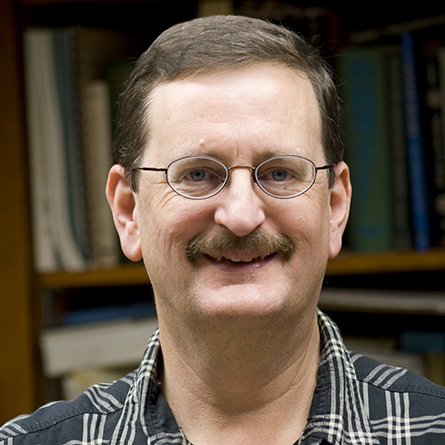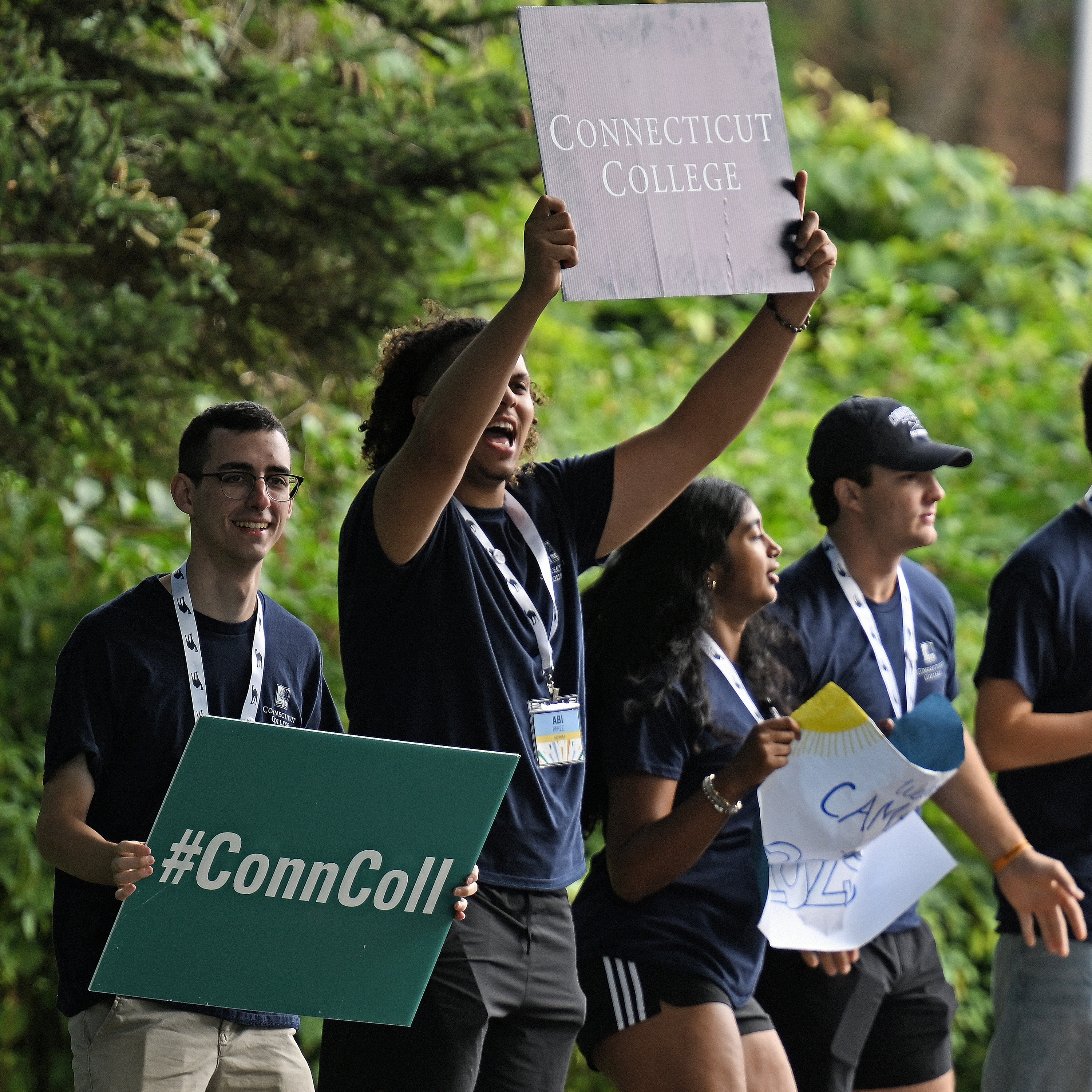
Professor Peter Siver wins $286,615 NSF grant for global warming research
What can the remains of microorganisms that lived millions of years ago tell us about the future? A lot, says Peter Siver, the Charles and Sarah P. Becker '27 Professor of Botany and Environmental Studies and director of the Environmental Studies Program at Connecticut College.
Siver, an expert in limnology—the study of the biological, chemical and physical features of lakes and other bodies of fresh water—has spent more than a decade leading a scientific mission to find out what ancient lakes can reveal about climate change and global warming. Now, he’s been awarded a $286,615 grant from the National Science Foundation to explore eight different fossil sites in North America and establish an evolutionary history of freshwater organisms spanning more than 70 million years.
Over geologic time, shifts in global temperatures from warm to cold and vice versa have influenced the evolution and extinction of species, and caused large-scale reorganizations of ecosystems worldwide, Siver explains, with the latest swing from Greenhouse to the current Icehouse beginning over 55 million years ago. Siver will study ancient lake locations that are between 83-million- and 12-million-years-old, which encompasses the transition from Greenhouse to Icehouse conditions and formation of ice at the poles.
By studying the fossils of freshwater organisms including synurophytes, chrysophytes, diatoms, euglyphids, heliozoans and sponges, Siver and his team will gain a better understanding of how they evolved as their environments went from very warm to very cool.
“This will provide a framework for understanding ecosystem responses under future climate warming scenarios,” Siver said. “Scientists are working to model what we think will happen as the Earth continues to warm and we experience a drastic shift in climate. But it already happened, so we just have to go back and look.”
The southernmost of the eight sites Siver will study is in the United States, while the most northern are within the Arctic Circle. They include what is currently the oldest known freshwater fossil site for diatoms in the world, and a new site that Siver suspects will reveal freshwater fossils that are even older.
“This suite of fossil localities will yield an abundance of new species that, in turn, will advance an understanding of biodiversity, biogeography, and evolution of morphological traits for all of the organisms over a critical time period spanning the transition from a Greenhouse to Icehouse Earth,” he said.
Siver will conduct the research with Anne Lizarralde, a senior research scholar in the Botany Department, as well as undergraduate student researchers. This is his 12th major grant from the National Science Foundation; his previous grants totaled more than $2.3 million.
This grant is 100 percent federally funded.

